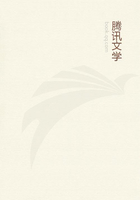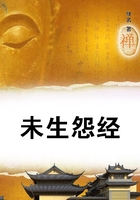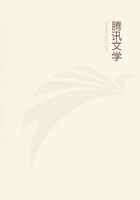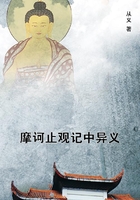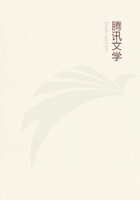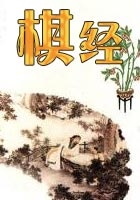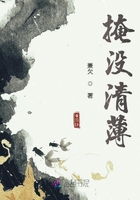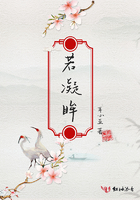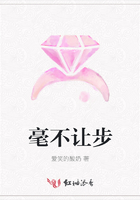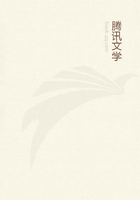"Analogies do not run on all-fours." But when seen in the same perspective, the question of loss and gain involved in the case of these intangible assets and their earning-capacity falls into something like this shape: Does the total net loss suffered by the community at large, exclusive of the owners of these intangibles, exceed two-hundred percent of the returns which go to these owners? or, Do these intangibles cost the community more than twice what they are worth to the owners? -- the loss to the community being represented by the sum of the overhead burden carried on account of these intangibles plus the necessary curtailment of production involved in maintaining profitable prices. The overhead burden is paid out of the net annual production, after the net annual production has been reduced by so much as may be necessary to "maintain prices at a reasonably profitable figure."
A few years ago any ordinarily observant person would doubtless have answered this question in the negative, probably without hesitation. So also, any ordinarily intelligent votary of the established order, as, e.g., a corporation lawyer, a commercial trade journal, or a trade-union official, would doubtless, at that period, have talked down such a question out of hand, as being fantastically preposterous. That would have been before the war experience began to throw light into the dark places of business enterprise as conducted under the new order of industry. Today (October, 1918) -- it is to be admitted with such emotion as may come to hand -- this question is one which can be entertained quite seriously, in the light of experience. In the recent past, as matters have stood up to the outbreak of the war, the ordinary rate of production in the essential industries under businesslike management has habitually and by deliberate contrivance fallen greatly short of productive capacity. This is an article of information which the experience of the war has shifted from the rubric of "Interesting if True" to that of "Common Notoriety."
The question as to how much this "incapacity by advisement"
has commonly amounted to may be attempted somewhat after this fashion. Today, under compulsion of patriotic devotion, fear, shame and bitter need, and under the unprecedentedly shrewd surveillance of public officers bent on maximum production, the great essential industries controlled by the vested interests may, one with another, be considered to approach -- perhaps even conceivably to exceed -- a fifty-percent efficiency; as counted on the basis of what should ordinarily be accomplished by use of an equally costly equipment having the disposal of an equally large and efficient labor force and equally good natural resources, in case the organisation were designed and managed with an eye single to turning out a serviceable product, instead of, as usual, being managed with an eye single to private gain in terms of price.
To the spokesmen of "business as usual" this rating of current production under the pressure of war needs may seem extravagantly low; whereas, to the experts in industrial engineering, who are in the habit of arguing in terms of material cost and mechanical output, it will seem extravagantly high.
Publicly, and concessively, this latter class will speak of a 25
percent efficiency; in private and confidentially they appear disposed to say that the rating should be nearer to 10 percent than 25. To avoid any appearance of an ungenerous bias, then, present actual production in these essential industries may be placed at something approaching 50 percent of what should be their normal productive capacity in the absence of a businesslike control looking to "reasonable profits." It is necessary at this point to call to mind that the state of the industrial arts under the new order is highly productive, -- beyond example.
This state of the case, that production in the essential industries presumably does not exceed 50 percent of the normal productive capacity, even when driven under the jealous eye of public officers vested with power to act, is presumably due in great part to the fact that these officers, too, are capable business men; that their past training and present bent is such as has been given them by long, exacting and successful experience in the businesslike management of industry; that their horizon and perspective in all that concerns industry are limited by the frame of mind that is native to the countinghouse. They, too, have learned how to think of industry and its administration in terms of profit on investment, and, indeed, in no other terms;
that being as near as their daily work has allowed them to take stock of the ways and means of industry. So that they are still guided, in some considerable part, by considerations of what is decent, equitable and prudent in the sight of conservative business men; and this bias necessarily goes with them in their dealings with those ubiquitous, intricate and systematic dislocations of the industrial system which have been found profitable in the management of industry on a footing of competitive sabotage. They still find it reasonable to avoid any derangement of those vested interests that live on this margin of intangible assets that represents capitalised withdrawal of efficiency.

